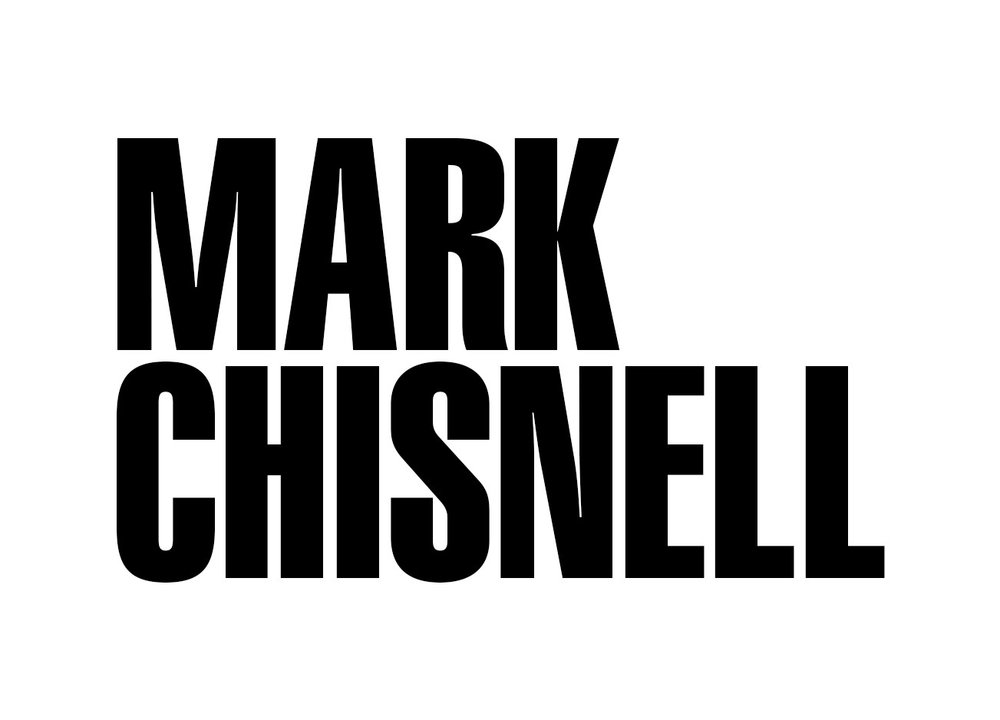I've been thinking that it was about time to update the 'Bio' section on my website, which was a bit rambling and off the point. So I did, and then I thought I should post it as a blog, just in case there's anyone out there who's wondering why I'm doing this...
I grew up in a small town on the east coast of England, a
town dominated by the rise of the oil industry and the decline of shipbuilding
and fishing. I messed around in boats and read everything written by Alistair
MacLean, Ian Fleming and many more like them – but the sea was a non-negotiable
part of everyone’s life in that little town, and a future as some sort of
marine engineer seemed inevitable.
And then I found a copy of Robert Pirsig’s Zen and the Art of Motorcycle Maintenance
in a hill cabin in England’s Lake District. A mix of a hang-over and too much
snow restricted any other activity – well, it was New Year – and so I read it
over a couple of days.
The cover said it would change the way I thought and felt about the world, and the funny thing was... it did. Pirsig’s exploration of quality and values inspired me to drop my plans for engineering, and take philosophy along with physics at college. I also learned that books work - they’re important and they can change your life. I wanted to write one. I wanted to write lots.
The cover said it would change the way I thought and felt about the world, and the funny thing was... it did. Pirsig’s exploration of quality and values inspired me to drop my plans for engineering, and take philosophy along with physics at college. I also learned that books work - they’re important and they can change your life. I wanted to write one. I wanted to write lots.
Those were the days before 19-year olds got seven figure
advances for Young Adult novels, and I (rather sweetly in retrospect) believed that
I needed to know about the world before I could write about it - at least that
was my excuse for buying a one-way ticket and, with US$400 in my pocket,
climbing on the plane to Los Angeles.
By the time I got home three years later, I’d had a couple
of travel stories published in the New Zealand Herald and the South China
Morning Post. And I’d hitch-hiked to Mt Everest base-camp in Tibet. In Adidas trainers.
It was either my greatest achievement, or the stupidest. A year later a
fully-equipped British summit attempt was airlifted out from the same spot - cue
icy chills down the spine when I read that news story.
I’d also got involved in the 1987 America’s Cup, a
professional sailboat race. Before I knew it, I was being asked to fly around
the world to glamorous places - Honolulu, San Francisco, Sardinia and the
Caribbean - and being paid to race sailboats. It was an impossibly long way
from the life I’d grown up to in that fishing and oil town – and far too good
to turn down. The writing would have to wait.
It didn’t have to wait long. I quickly started to write
about the sport I was so immersed in, publishing hundreds of thousands of words
in books and articles on sailing, and winning a couple of awards along the way.
And I started to think about a novel - I had an idea from all those philosophy
lectures I had endured, a game of the Prisoner's Dilemma played for life and
death. The Defector and then the rest of the Janac’s Games series grew out of that idea.
My goal for that first book and all my novels since was to
keep the reader turning the pages, but to leave them with something to think
about afterwards.
What will you do...?
The Defector was first published in the UK by Random House (as
The Delivery), and got rave reviews
in the trade literature. It was followed up by The Wrecking Crew, the second in what would become the Janac’s Games series. Initially, this
second book was rejected by London publishers and it seemed that my fiction career
was over – but I kept working at it, and a few years later HarperCollins in Australia
and New Zealand published them both to coincide with what would be the last big
contest in my sailing career, the 2003 America’s Cup in Auckland.
I realised that I had been given a second chance at my
life’s dream of writing novels, but that this time I must fully focus on it. It
was time to close the door on my sports career – I didn’t have the time or
energy for both. What followed was a transitional decade, but I was still lucky
enough to get involved in some very cool projects. I went to the Falkland Islands
and South Georgia on a beautiful sailing boat. I got to write for some of the
world’s leading magazines and newspapers, including Esquire and the Guardian,
and I worked in television for a while, commentating and script-writing.
There was also a revolution in publishing going on. The Kindle
and other eBook readers transformed the business opportunities for writers, and
I was quick to take advantage of them to get control of the way my novels were published.
The Janac’s Games books found success
in the eBook formats, and were followed up by The Fulcrum Files – historical fiction of which I’m very proud -
and then the first of the Burn
series, Powder Burn featuring Sam
Blackett, my favourite character to date. There will be more, lots more. Just
like I hoped all those years ago.

